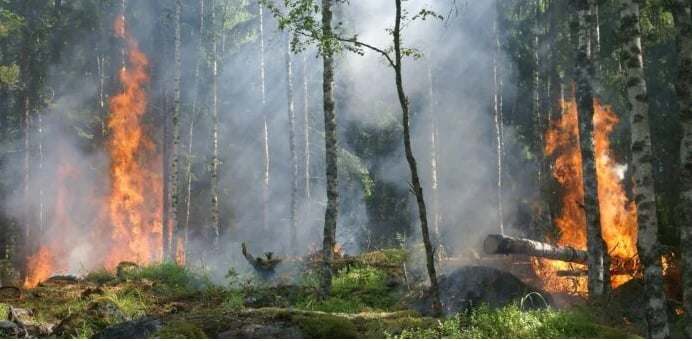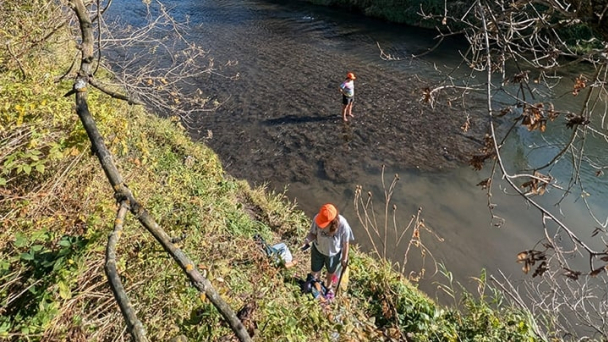May 14, 2025 | 15:37 GMT +7
May 14, 2025 | 15:37 GMT +7
Hotline: 0913.378.918
May 14, 2025 | 15:37 GMT +7
Hotline: 0913.378.918

The study found that natural risks like wildfires are underestimated by more than a factor of 10.
The study “Error Log: Exposing the methodological failures of REDD+ forestry projects” concludes that REDD+ is not suitable for carbon offsetting and raises concerns about its impact on local communities and the environment.
REDD+ stands for “Reducing Emissions from Deforestation and Forest Degradation.” It is an international initiative that incentivizes forest conservation to reduce carbon emissions and combat climate change.
At the end of 2022, there are over 620 individual REDD+ projects and programs implemented globally, backed by international donor organizations, such as the UN-REDD and the World Bank. For the same period, there were over 400 million REDD+ credit issuances, representing a quarter of total credits issued in the market.
Baselines set the estimated emissions without the project. The study found that inflated baselines led to over-crediting, with results differing by more than 14x for a given project.
Recommendations:
Leakage increases emissions outside a project’s boundary. The study found that the average leakage rate deducted by REDD+ projects is just 4.4%, far below the prescribed 10%-70%.
Recommendations:
Carbon accounting is central to credit issuance. The study found a 23%-30% overestimation in forest carbon content, with belowground carbon overestimated by 61%.
Recommendations:
Permanence ensures long-term carbon storage. The study found that natural risks like wildfires are underestimated by more than a factor of 10.
Recommendations:
Safeguards protect against harm. The study found that VCS safeguards are less stringent than international standards like the IFC and GCF.
Recommendations:
The UC Berkeley study serves as a wake-up call. By implementing its recommendations, we can improve REDD+ projects’ quality, effectiveness, and ethical standing.
The study provides a roadmap for making these projects more aligned with their intended goals, ensuring a meaningful contribution to the fight against climate change.
(carboncredits)

(VAN) India is concerned about its food security and the livelihoods of its farmers if more US food imports are allowed.

(VAN) FAO's Director-General emphasises the need to work together to transform agrifood systems.

(VAN) Europe is facing its worst outbreak of foot-and-mouth since the start of the century.

(VAN) The central authorities, in early April, released a 10-year plan for rural vitalization.

(VAN) Viterra marked a significant milestone in its carbon measurement program in Argentina, called Ígaris, reaching 1 million soybean hectares measured.

(VAN) Minnesota study adds to growing evidence of human-accelerated erosion, which could jeopardize agriculture.

(VAN) QU Dongyu addresses International Conference of the Global Mountain Dialogue for Sustainable Development in Kyrgyzstan.